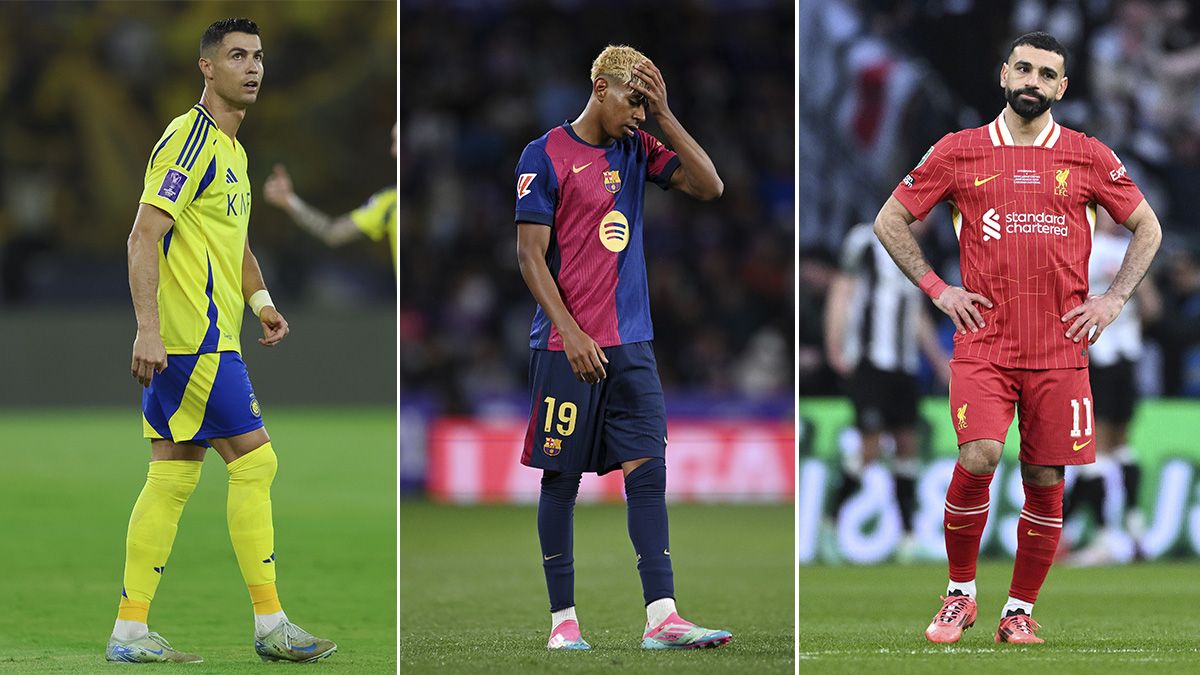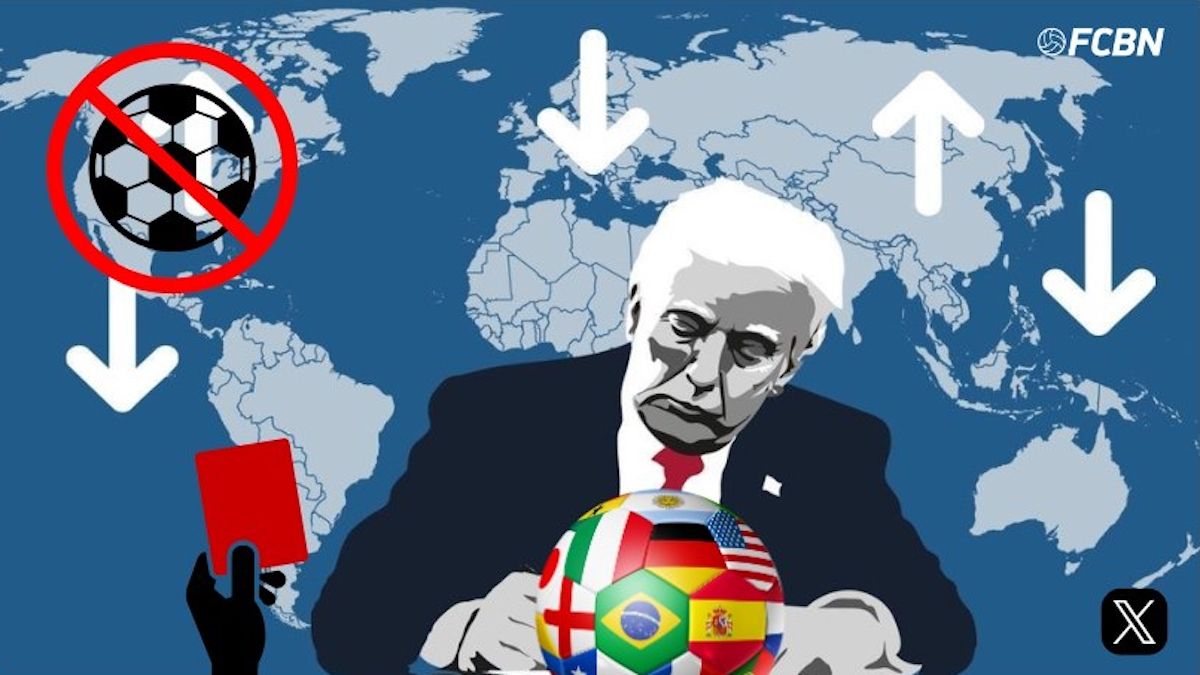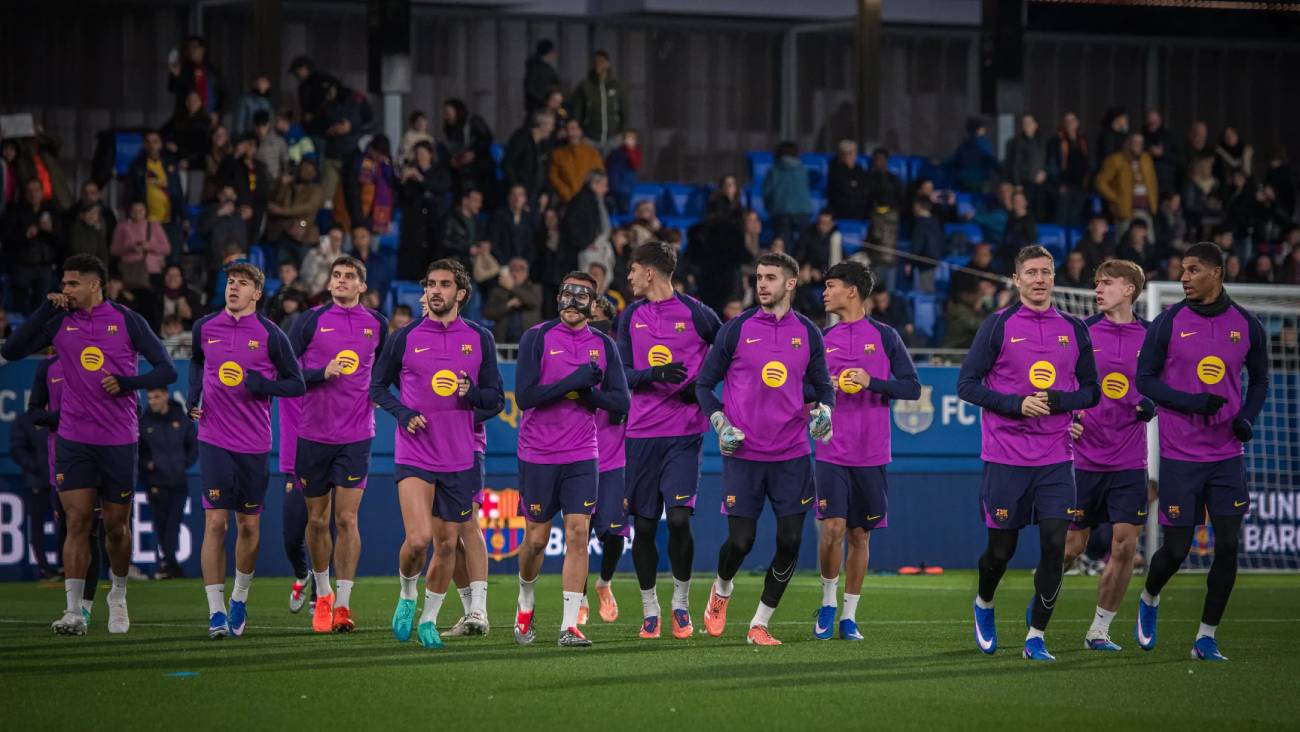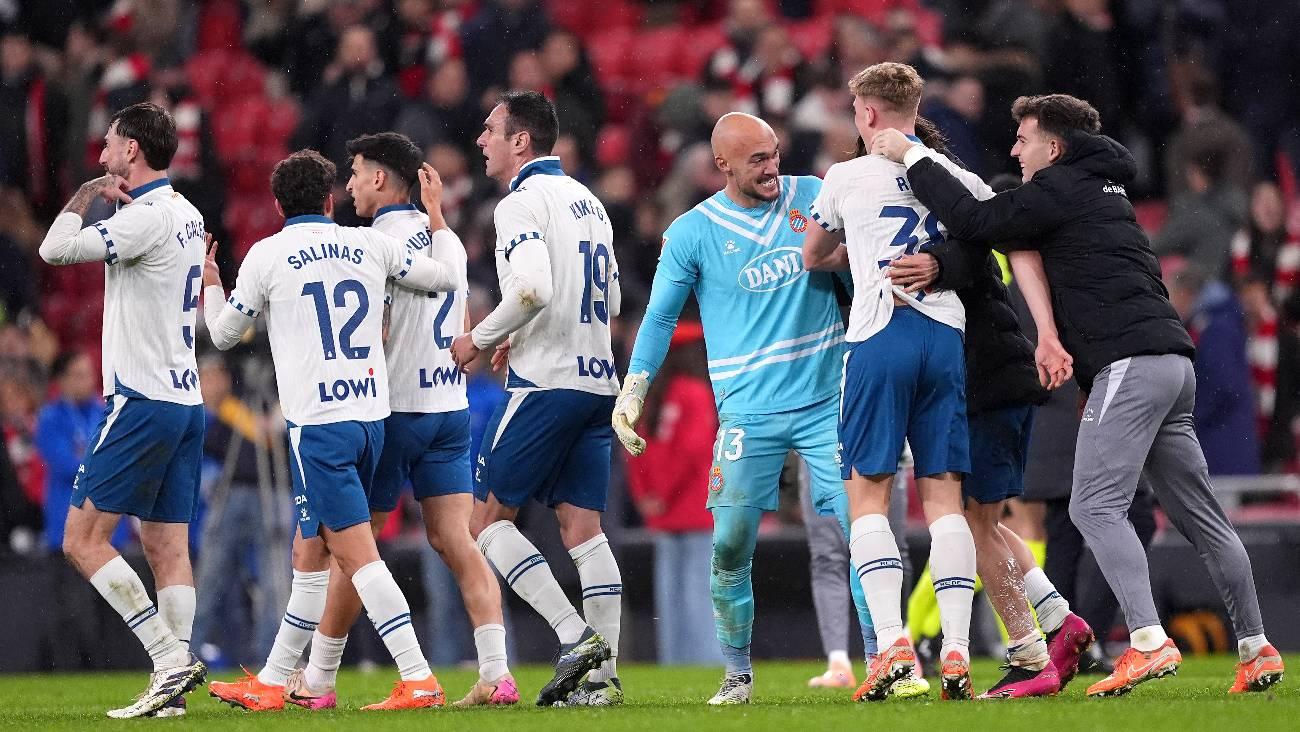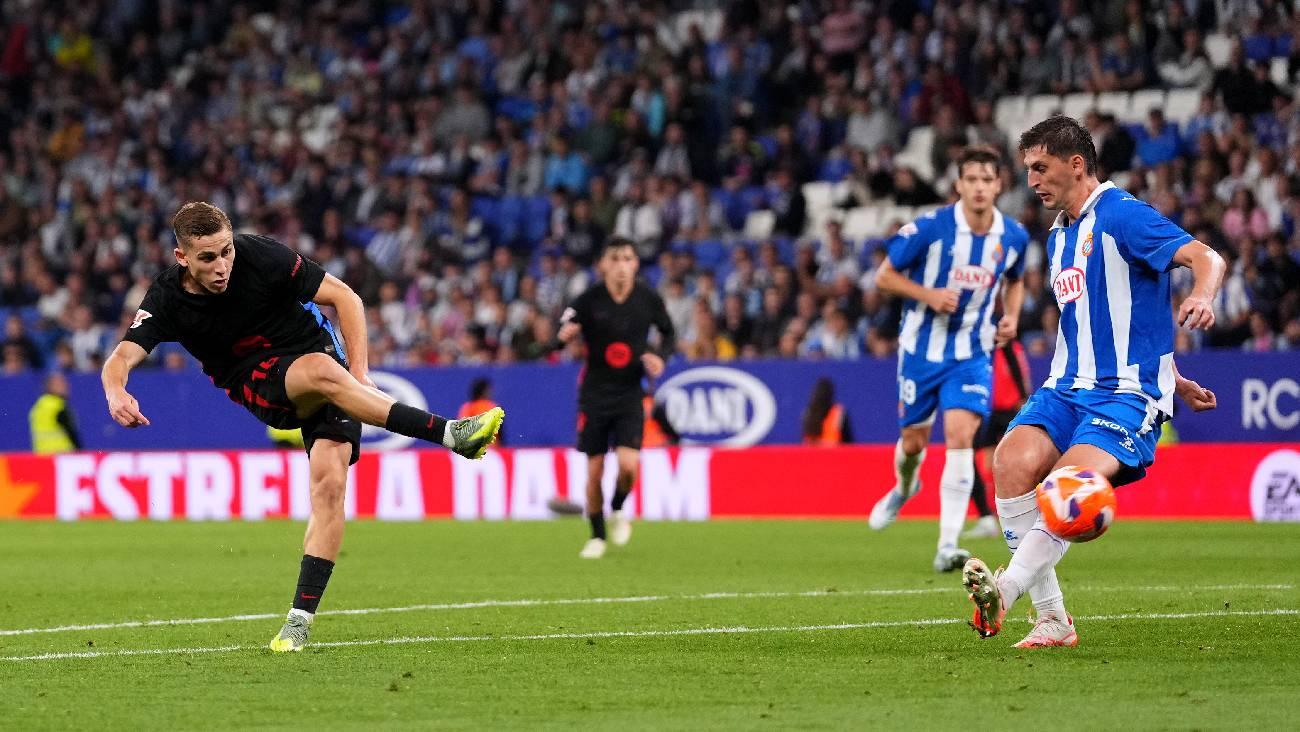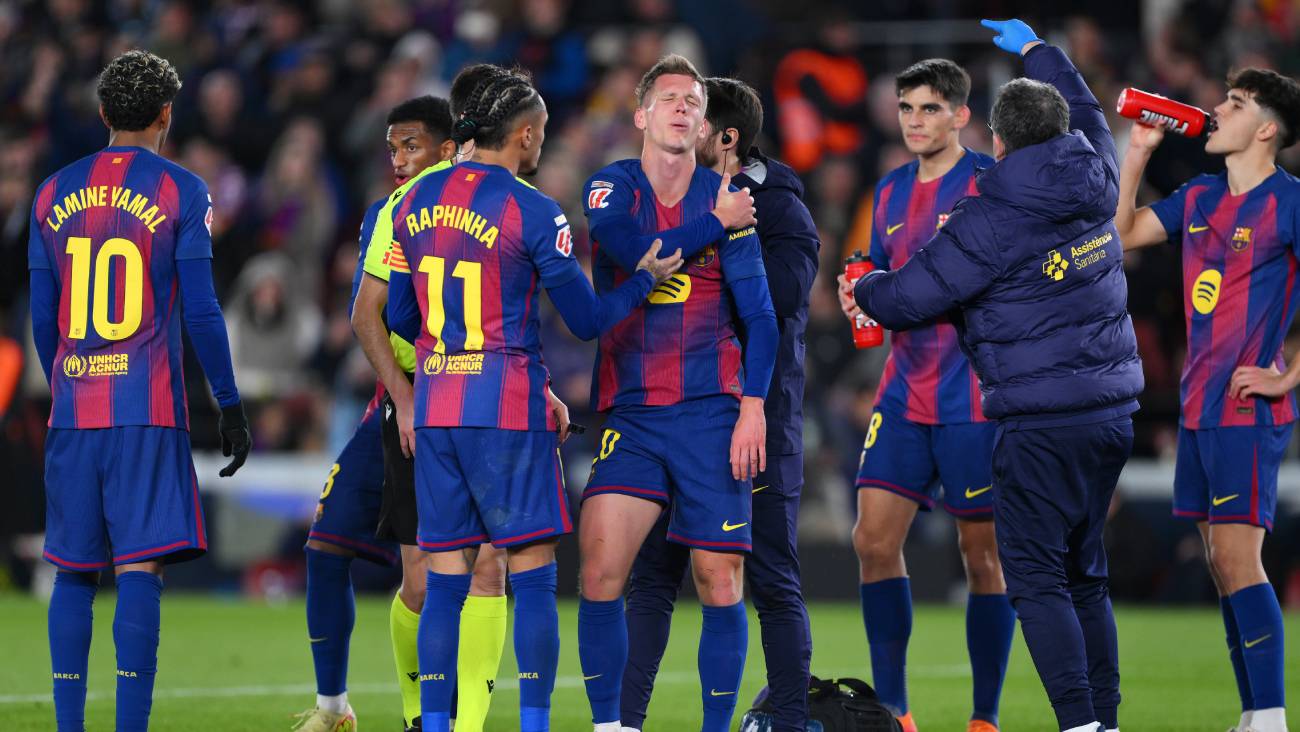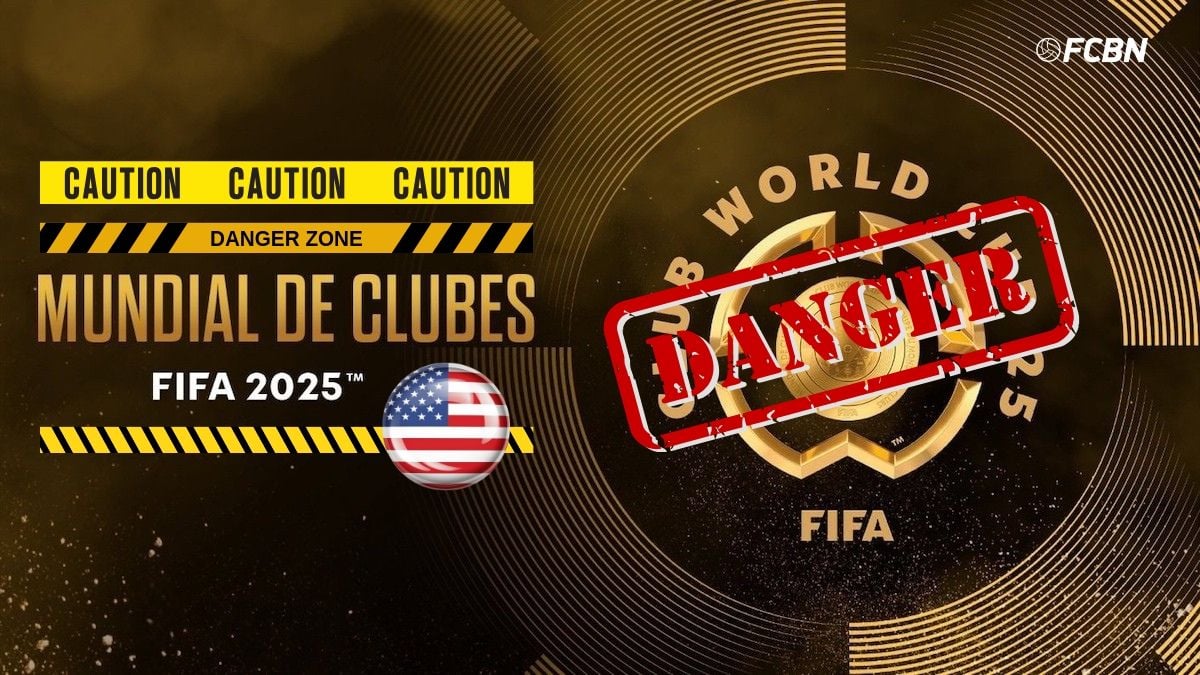
INTERNATIONAL FOOTBALL
Club World Cup in the U.S.: Trump's Policies Threaten the Tournament
Published New:12/06/2025 - 11:14h
Updated New:12/06/2025 - 11:57h
Immigration restrictions and trade tensions jeopardize attendance, logistics, and the global image of the 2025 FIFA Club World Cup.
The 2025 Club World Cup in the United States faces serious challenges stemming from the immigration and trade policies promoted by Donald Trump. Uncertainty is growing among organizers, clubs, and international fans.
Trump, FIFA, and a World Cup Under Pressure
Donald Trump's return to the center of the political stage in the U.S. has set off alarms within FIFA. As two key events for world football approach —the 2025 Club World Cup and the 2026 World Cup—, the restrictive immigration measures and trade tensions promoted by the former U.S. president threaten to seriously tarnish the celebration of global sport.
From the ban on entry for citizens from multiple countries to the absence of special mechanisms to facilitate the mobility of fans, the impact is already being felt. And although Gianni Infantino is optimistic, the numbers, protests, and lack of tickets sold tell a different story.
Prohibitions and Fear in the Stands
The Trump administration has blocked access to citizens from 12 countries and maintains partial restrictions for seven others. While there are exceptions for athletes, coaches, and staff, these do not extend to fans or "non-direct" family members. In other words, the fans —that essential ingredient of every great football event— are being left out.
In parallel, the deployment of ICE and CBP immigration agents in stadiums creates a climate of fear, even among legal migrants. In such a context, the idea of going to the stadium is not exactly appealing.
No Fan ID or Safe Conducts
Unlike previous editions in Russia or Qatar, the United States has not developed any special accreditation system, such as the Fan ID, to facilitate the entry and circulation of fans. Result: long bureaucratic hurdles, uncertain visas, and thousands of potential fans who will not even try to attend.
The Commercial and Human Impact: A Global Celebration Under Threat
Trump's economic policies have raised tariffs on imported products, affecting key sectors for the development of the tournament and causing a climate of widespread tension.
Lower international attendance and the possible drop in ticket sales will affect the income of organizers and participating clubs, as well as the tourism and service industry linked to the event. In addition, the international perception of the country as a global host is suffering:
"A nation that restricts entries and raises walls hardly embodies the open and cosmopolitan spirit that FIFA promotes —at least in its press releases"
The essence of the great FIFA tournaments has always been the diversity in the stands, the mix of cultures, and the chants in various languages. But the current immigration policies and the climate of tension contradict that promise.
What should be a celebration of world football risks becoming a fragmented event, with half-empty stadiums and notable absences.
What's Coming: Cheap Tickets and Half-Empty Stadiums
To counteract the disinterest, FIFA has applied a drastic reduction in prices. The cheapest tickets for the opening match went from $349 to just $55. An 84% discount that, however, has not guaranteed full stadiums.
| Phase | Original Price | Current Price | % Discount |
|---|---|---|---|
| Opening Match | 349 USD | 55 USD | 84% |
| Group Stage | 60-90 USD | 30-50 USD | 45-60% |
Despite the reduction, thousands of tickets remain unsold. Currently, for the group stage, the cheapest tickets are in the range of 30 to 50 dollars, depending on the match and the venue. These low-cost tickets usually sell out before the more expensive ones, as they are the most accessible to the general public.
However, even with these reduced prices, thousands of tickets still remain unsold. The demand only takes off for teams like Real Madrid, while other matches anticipate empty stands and a dangerously lackluster atmosphere.
2025 Club World Cup: Crossroads Between Football and Politics
The current moment in the United States, with immigration restrictions, trade protectionism, and a hostile environment for international fans, threatens the realization of a vibrant and inclusive tournament.
Despite the efforts of FIFA, Trump's shadow could overshadow not only this edition but also the 2026 World Cup. The ball has not yet started rolling, but the signs are not encouraging, they are worrying.
👉 Follow our special coverage for updates on the Club World Cup, its political and sporting evolution.
